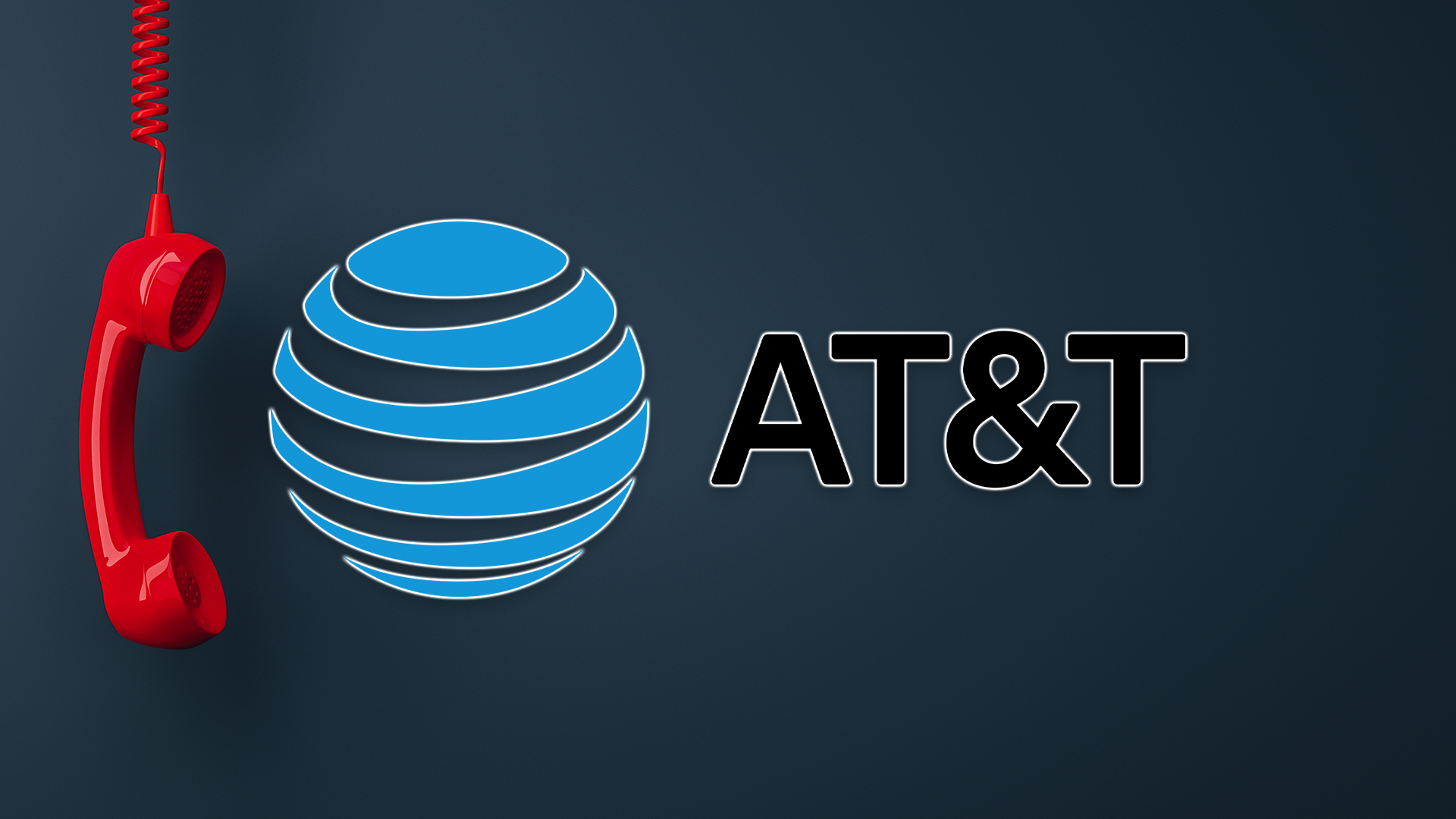
(Credit: Chris Clor/Getty Images)Backblaze makes money by storing data — a lot of data. While SSDs have displaced hard drives in many applications, there’s no better way to store large volumes of data than a good old-fashioned spinning drive. In 2022, the company managed 235,608 hard drives, giving it insight into long-term reliability. Backblaze has posted another installment of its hard drive stat analysis, showing which manufacturers, models, and capacities are the most reliable.
The new report includes hard drives from HGST, Seagate, Toshiba, and Western Digital, with sizes ranging from 4TB all the way up to 16TB. In all, the data includes 29 different models. Backblaze opted to drop drive modes numbering fewer than 60 from the data, as well as those used for testing. That leaves 230,921 hard drives to analyze.
Generally, the annualized failure rate (AFR) data follows the “bathtub curve.” Some hard drives will fail almost immediately after being put into service. After those defective units are replaced, a fleet of spinning drives will experience very low failure rates until they’ve been used for a couple of years. That’s when the failure rate again increases, revealing which drives are the most reliable.
In 2021, Backblaze reported an overall failure rate of 1.01%, and the 2022 report shows a higher 1.37% rate. The company believes this is unsurprising given the aging of its storage devices. “We could dig in further, but that is probably moot at this point,” Backblaze says in the blog post. The chart below has drives grouped by size with the average age, showing that failure rates begin creeping up after a few years of service. Well, most of the time.
Interestingly, the oldest drive in Backblaze’s fleet is the ST6000DX000, a 6TB Seagate drive with an average service life of 92.5 months. In 2022, the AFR for this model was just 0.68%, making it an extremely reliable and cost-efficient drive. However, that’s an outlier — Seagate drives tend toward higher failure rates, with some 12-14TB models hitting an AFR of 4-5%. On the other hand, Seagate drives are also cheaper, and Backblaze still sees the value in using Seagate drives for its large-scale operation. Although, maybe not so much if you need one or two highly reliable drives.
For a cloud storage operation, none of the drives in the data show serious issues — even those with the highest AFR are still viable at Backblaze’s scale. If you want to zero in on the most reliable brand, Western Digital has the best numbers right now. HGST, a now-discontinued Western Digitial sub-brand, also shows solid reliability. Toshiba is the next highest, followed by Seagate. It’s worth mentioning that even the worst AFRs are a few percent after years of service. We’ve come a long way.
Now read:
- Backblaze Publishes its First SSD Reliability Report
- Backblaze Reveals Latest Hard Drive Life Expectancy Data
- Google, Seagate AI Identifies Problem Hard Drives Before They Fail







